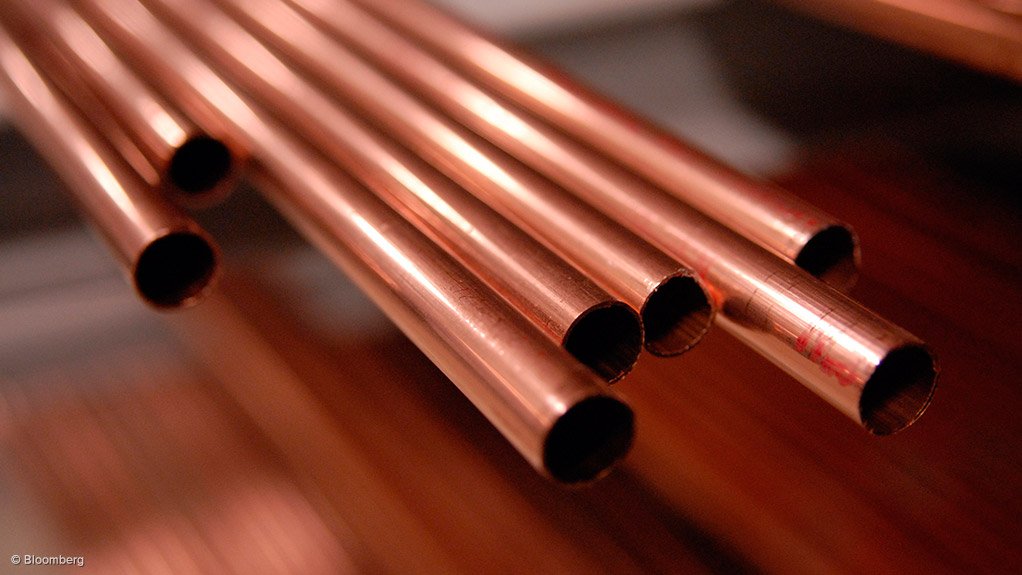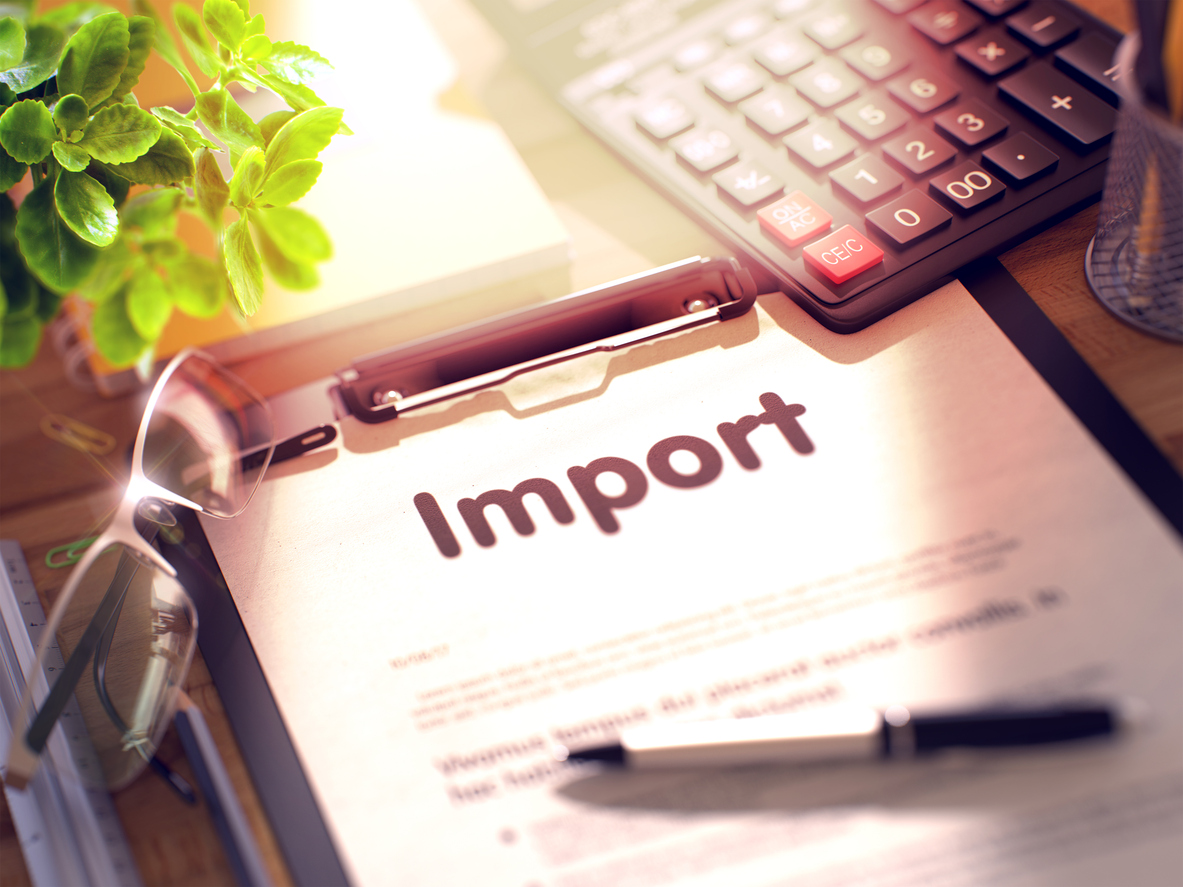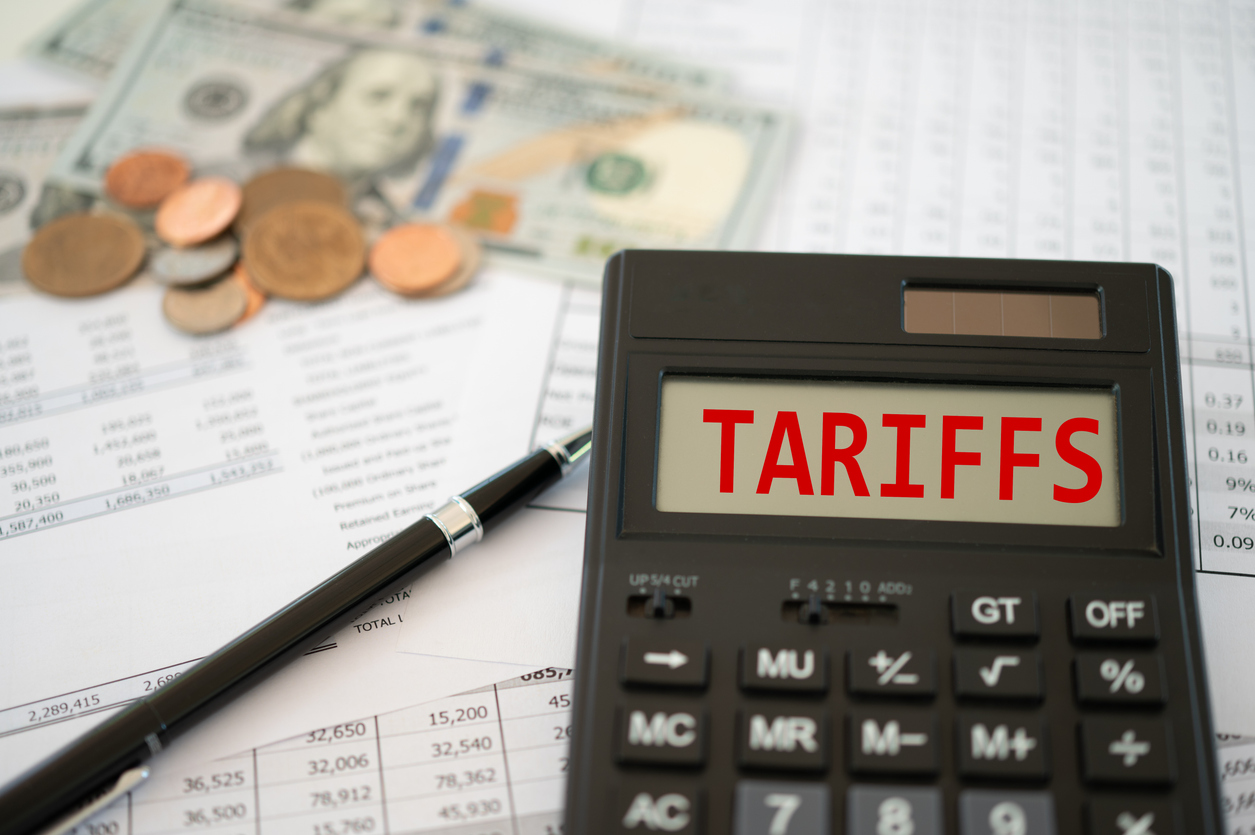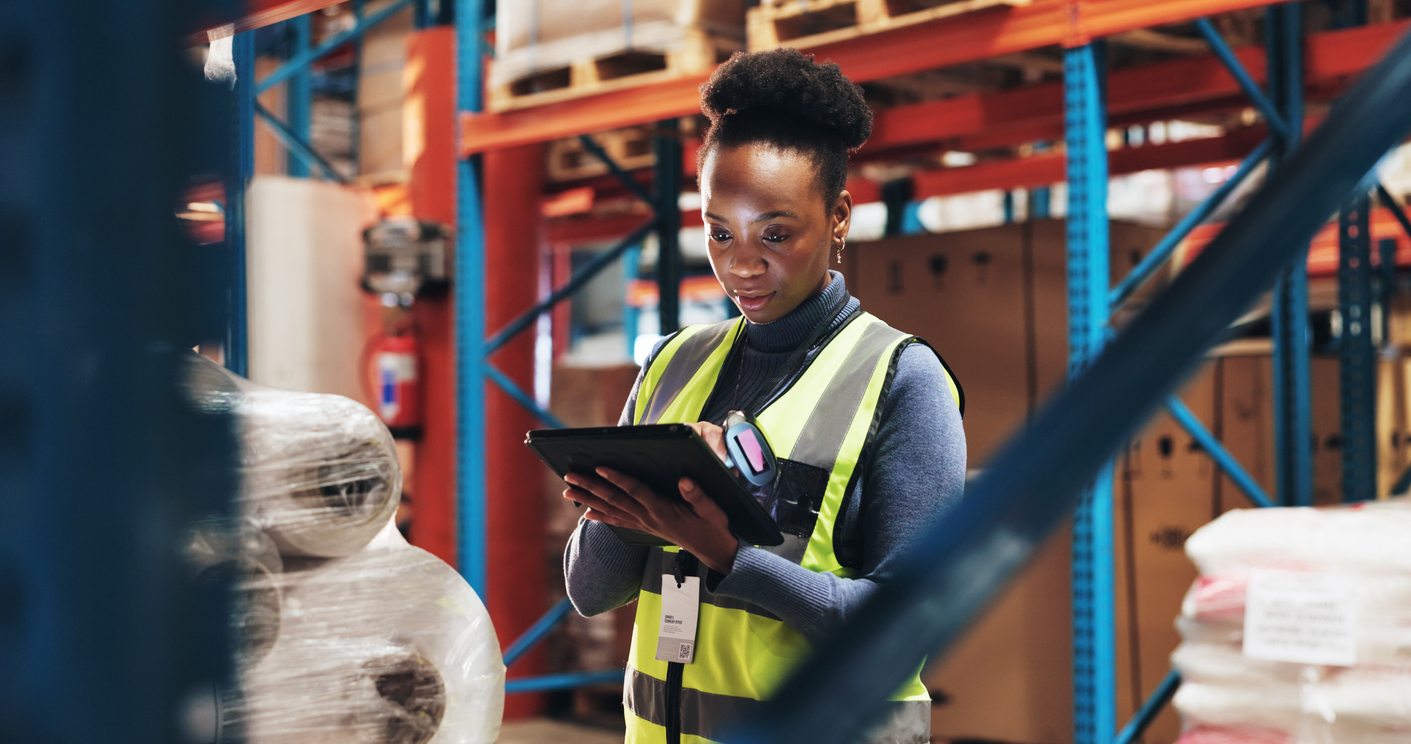Buying and Exporting Raw Copper from South Africa – a Step-by-Step Guide
Buying and Exporting Raw Copper from South Africa – a Step-by-Step Guide
Raw copper is a term used to refer to the unprocessed copper that has not yet been turned into something else. This can be raw copper ore (also known as concentrate) or unrefined copper. Processed copper can be further broken down into carbon, alloy, and electrolytic copper. Each type of raw copper serves a different purpose and has different uses. The majority of South African raw copper exports are of unrefined or primary refined unprocessed metal that is shipped out as-is without any secondary processing. This article will explore the process for buying and exporting raw copper from South Africa, so you know what you need to do in order to export this product from there and get it into the hands of your customers.
Step 1: Determine if You Need to Export Raw Copper from South Africa
In order to determine whether or not you need to export raw copper from South Africa, you should assess the following: If your product is unprocessed (raw) copper, then you will need to export it from South Africa. If it’s processed, you can ship it from any port. If your product is unprocessed (raw) copper, and it is not a concentrate/ore, then you may need to export it from South Africa. Contaminants such as iron and manganese are found in varying quantities in most concentrates and are removed from the concentrates before being smelted into copper. Therefore, if your product is unprocessed copper that does not contain iron or manganese (such as refined copper or copper scrap), then you do not need to export it from South Africa. If you are exporting copper-based products such Then you will need to export it from South Africa. If you are exporting other goods that contain copper, such as switchboards, or copper-based wires and cables, then you do not need to export it from South Africa.
Step 2: Find a copper smelting company that can export for you
First, you will need to find a copper smelting company that can export raw copper for you. To do this, you can either use a copper smelting company directory (such as the one provided by International Trade Compliance) or do an online search for copper smelters near you. Once you have found a few companies, you will need to contact them and ask them the following questions: The answers to these questions will help you decide which company is best for your needs.
Step 3: Negotiate an Exporting Contract with the Smelter
Next, you will need to negotiate a contract with the copper smelter and get their account details so that you can make payments to them. Here are the terms and conditions you will want to include in your contract: The contract should be signed and dated by both parties, and it should be kept on file at all times.
Step 4: Determining Your Export Commitment
Next, you will need to determine your export commitment. This means that you need to find out how much copper you will need to export in order to comply with the re-export rule. The re-export rule is a regulation that was created to ensure that raw materials, such as copper, are not extracted and then sold to a single customer. It also prevents other types of trade restrictions from occurring, such as dumping and subsidies. The re-export rule requires exporters of certain minerals to take into account all the needs of their customers in relation to the particular mineral and all potential end uses of that mineral. This means that exporters must make sure that the amount of minerals they ship matches the total needs of their customers for that mineral, and that the minerals are used in a way that does not violate any trade restrictions.
Step 5: Find a Shipping Company
Next, you will need to find a shipping company that can get your copper from South Africa to your port of choice and deliver it to your customer’s door. When looking for a shipping company, you will want to find one that has experience shipping copper and other minerals. You can do this by asking the following questions: If the shipping company is able to meet your needs, then you can proceed to the next step.
Step 6: Finding the Best Shipment Date and Quantity
Before you can actually purchase the copper, you will need to know the quantity you want to buy, the delivery date, and the price. You can find the price by either contacting the copper smelter or visiting the copper market on the London Metal Exchange. You should do this so that you can get a good feel for the copper price. After you know the price, you will need to find the delivery date that works best for you. You should do this by taking into account the following:
Step 7: Communicate Everything With Your Customer Before Shipment
The final thing you need to do is communicate everything with your customer before shipment. This means that you will need to find out the following information: By finding out this information, you can make sure that your customer is ready for the shipment and that everything goes smoothly.
Final Words
There is a lot that goes into exporting raw copper from South Africa, but it is worth the effort. If you want to export raw copper, then you need to make sure that you thoroughly understand how the process works. If you follow the guide outlined in this article, then you should be able to successfully export raw copper from South Africa.








LEAVE A COMMENT
You must be logged in to post a comment.